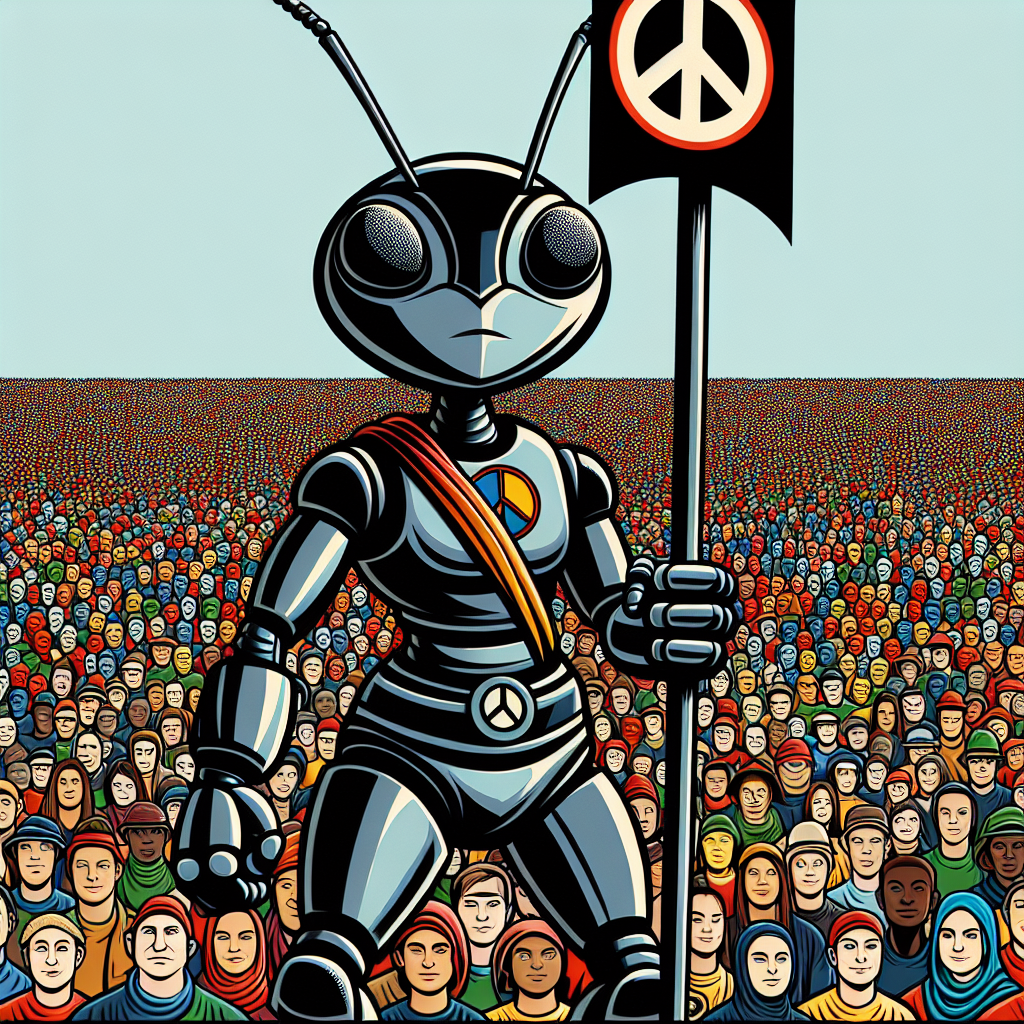Trump's Antifa Crackdown: A Legal and Constitutional Dilemma
President Donald Trump signed an executive order classifying antifa as a domestic terrorist organization, targeting its funding sources. Antifa, a decentralized anti-fascist movement, lacks formal structure and operates through independent groups. Legal experts question the constitutionality and practicality of Trump's order, citing free speech concerns.

In a contentious move, President Donald Trump has signed an executive order designating the antifa movement as a domestic terrorist organization. This decision comes amid his efforts to crack down on what he describes as left-wing orchestrated political violence.
Trump's action follows the recent murder of conservative activist Charlie Kirk, although there is no public evidence linking antifa to the crime. Critics argue that the lack of evidence highlights the complexities of targeting a decentralized movement like antifa, which lacks formal structure or leadership.
Legal experts are raising concerns about the constitutionality of the order, given that U.S. law does not typically classify domestic groups with ideological underpinnings as terrorist organizations. The executive order could face significant legal challenges in its execution.
(With inputs from agencies.)
- READ MORE ON:
- Trump
- antifa
- terrorist
- organization
- executive
- order
- legal
- constitutional
- violence
- protests










